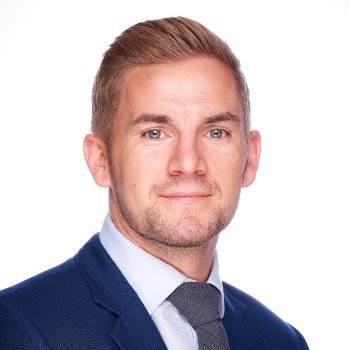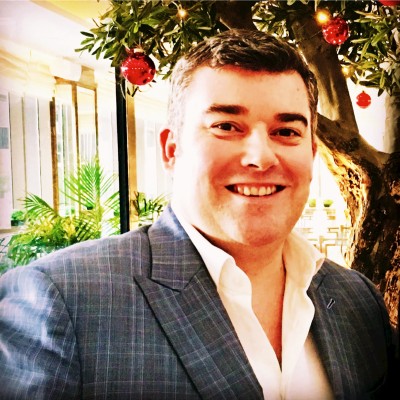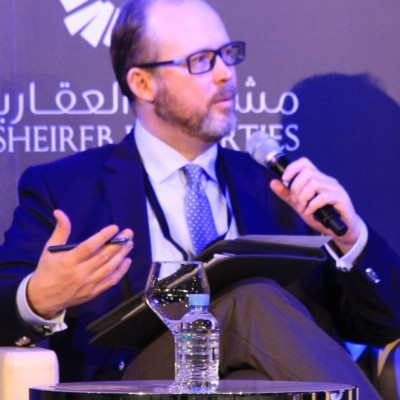Views from Risk Professionals across the world
During the recording of “Risk Managers Getting Coffee” which can be found on YouTube HERE as well as on our website here, a few discussions came up with a recurring theme. One was the question of what makes a great risk manager. Risk Guide has created a short clip of all the answers from the season in for this and other questions that were raised. The video is available at the bottom of this article
Quantitative skills, Theoretical understanding, Soft skills or other?
This is a question often asked and discussed. Some believe that Quantitative Analysis skills are critical or technical knoledge/theory are vital, whilst others focus on soft skills such as presentation and networking as well as being able to lean on charisma.
Obviously the answer always depends on what the organisation specifically needs and who is already in place and any team should be seeking to find a balance. If there is just one role available however then the only answer should be someone who is well rounded, has an abundance of soft skills, is likeable and can solve problems. They will need to bring people onboard within the organisation and build a positive risk culture. The only way to do this is through good networking, building relationships, understanding what drives people and being able to tell a risk story.

A technical practitioner or someone with an abundance of theoretical knowledge will never be able to translate this into something interesting or something of value for the business. Often times Risk Frameworks become overly burdened with heavy processes that fail early on. There will often be a tendency to want to reach the highest levels of maturity without bringing people on board.
A Quantitative practitioner on the other hand will bring some great data points to the table for decision making but may fail to build the right networks and relationships to get reliable data in the first place. And do they understand how to present this data in the right way to the right people?

Again, it is important to stress that both these types of people are vital to have in your business if you have reached the right maturity levels. If there is buy in from the top, buy in from the business, if people are getting risk management concepts and are interested in contributing. They will also form part of a very effective team, but in isolation they will most likely struggle to perform.
Are there examples?
In one NGO the Risk Leader, who was highly thought of and also charismatic, traveled for a full year to visit every field office in the world along with the regional offices. His main aim was to bring the Risk Management vision to them. It took time but people got on board. In a similar organisation, the risk team of 3 people started working on governance, policies and procedures, control frameworks, assurance processes and risk surveys without spending time meeting with people, understanding their expectations and needs and building those relationships. The program was unable to achieve in 2 years (with 3 people) what this one leader achieved in just one year.
These views seem to be backed up by risk practitioners globally too. From the Risk Managers Getting Coffee Series, there were similar views held from all participants of the series. (See the video below)
What do Risk Practitioners around the world from different industries think?
Peter Smith, who has worked in the rail, oil and gas and aviation sectors, and who is a graduate of the Glasgow Caledonian Risk Management Honours Degree, with experience in Project Risk and Enterprise Risk professional, is a big believer in quantitative risk analysis. However he believes that a risk manager needs to have an understanding of the impact of the wider business whilst leaning on the subject matter experts within the organisation, whether its engineering or otherwise. In order to do this of course you need to be able to communicate and have the soft skills to encourage risks to be shared but also for them to understand what risk actually means. He also suggests that an important part of the role is to have passion. Passion on the outcome.





This is echoed by Aarn Wennekers who suggests that there needs to be a good grounding in the business. It helps to know the industry but the business itself is a critical aspect. This doesn’t necessarily mean that the risk manager needs to understand geology or drilling deeply. However an understanding of the structures and culture of the organisation along with who has influence and who reports to who. This allows the risk manager to navigate the politics, gain allies, build relationships and roll out risk management effectively. Aarn has experience from government sectors as well as the oil and gas sector.
Dr Maria Papadaki and Horst Simon, who come from education and banking, are the most vocal about the fact that soft skills are critical. Being charismatic and inspiring plays a huge role in risk management. This is not only the case for training and running workshops but even being able to share ideas and concepts with colleagues on a one to one basis in order to capture their imagination and help them think a little bit more outside the box. On the question of Quantitative Risk skills, Dr Maria believes that this is a skill you can learn but more important is being able to translate that to various levels of the organisation.
This is not dissimilar to Gregory Irgin’s view who also believes the soft skills are key. He believes soft skills along with a breadth of knowledge, again, similar to Peter’s view in which you need experts to draw on. Gregory’s views of Quants also follows the thinking of Dr Maria Papadaki whereby you can only take Quants so far and without having the right soft skills (to translate and make the data interesting), along with being able to gain an understanding of the business, or an understanding of the people you are reporting to (what’s in it for them?), then you are unlikely to gain much value from it. Gregory has worked across the Middle East and Africa in a number of industries and has always been exposed to geopolitical risk and varying cultures and is in a perfect position to observe how risk management needs a more personal and human touch.
Watch the video below for more!

